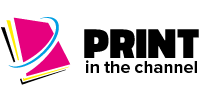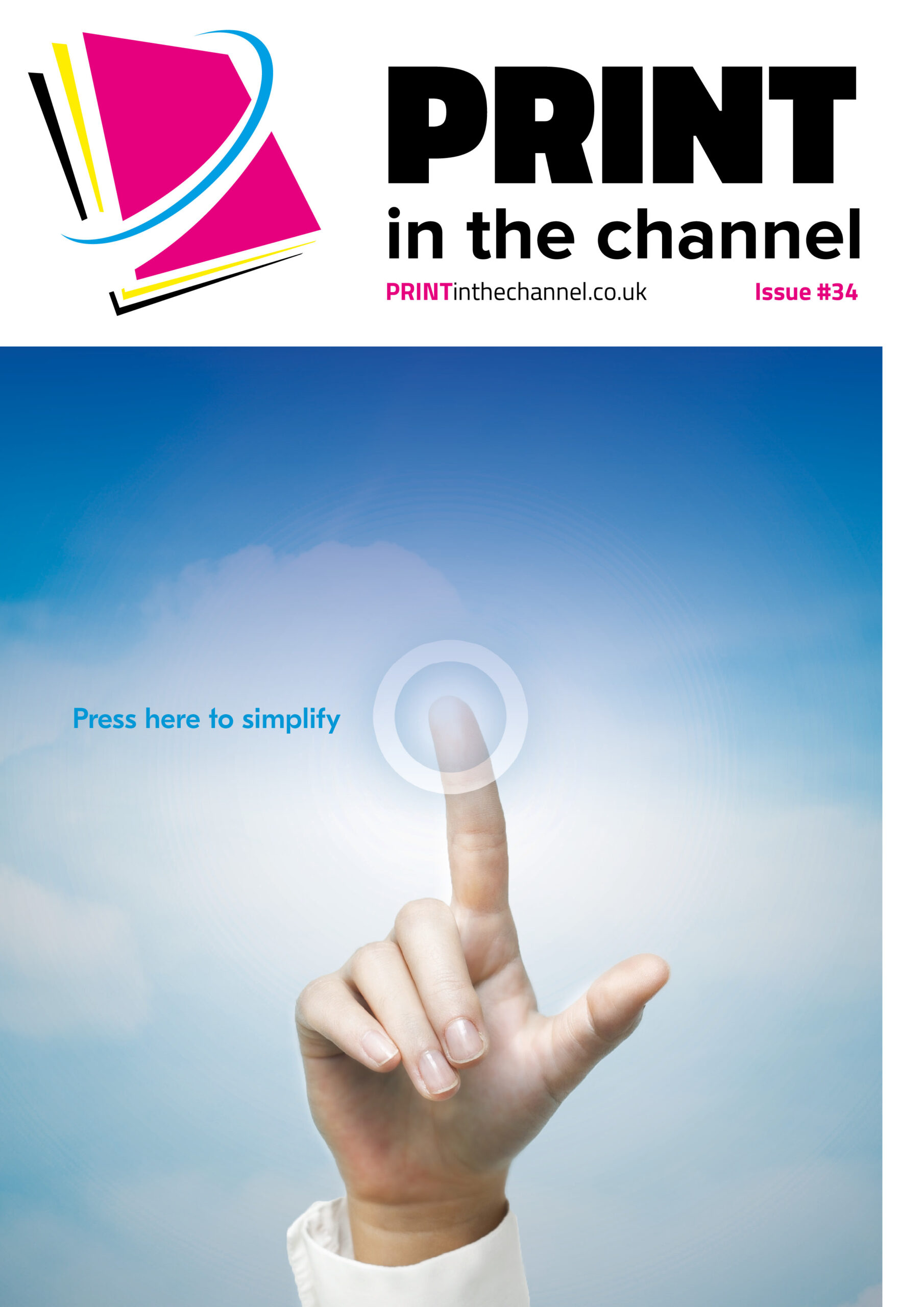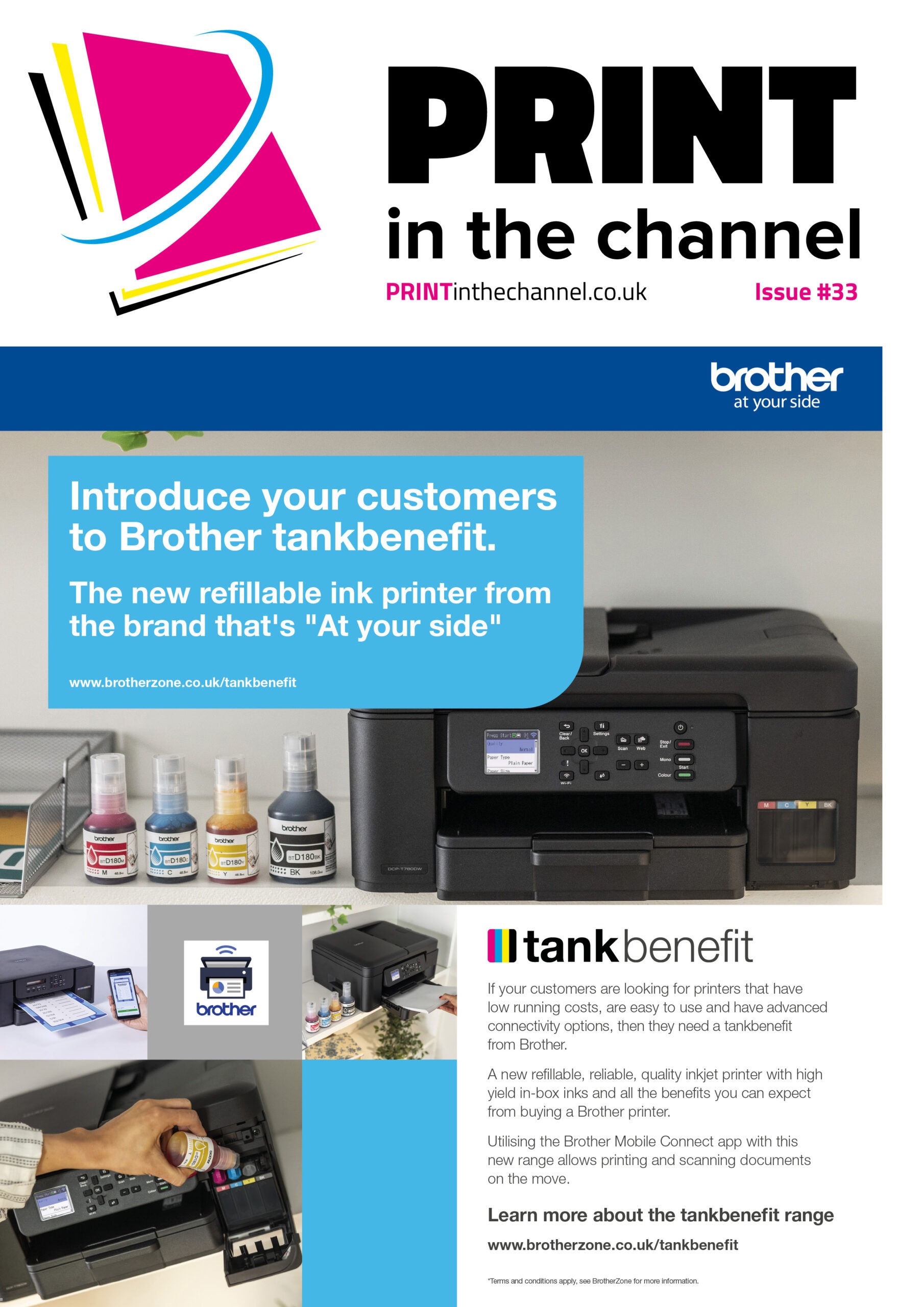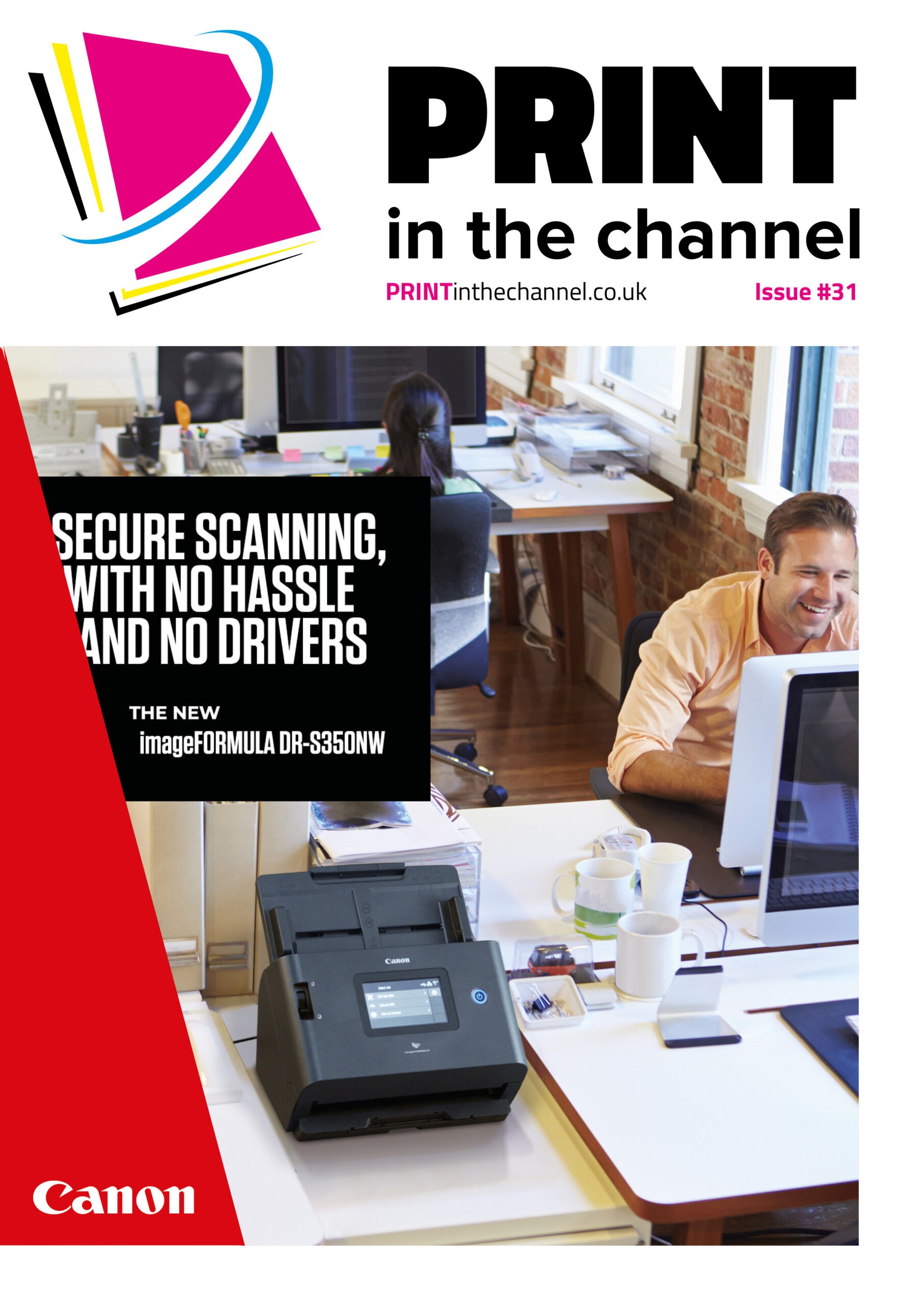The rise of hybrid working has made the need for digital security, particularly around sensitive documents such as those requiring a signature, more important than ever. But how are customers’ needs changing, how should resellers adapt to this and what are the best approaches to selling them?
Hybrid working may have been a boon for employees, who get to have a better work-life balance and avoid the daily commute, but it can provide headaches for managers, especially when it comes to security, such as with sensitive documents that are sent electronically to and from employees in different places.
Businesses can ill afford documents to leak into the wrong hands – not least with GDPR considerations – which means they are increasingly turning to technology to help them.
“The rise of remote and hybrid working has provoked businesses to be more vigilant when it comes to ensuring the security and confidentiality of documents – especially those containing sensitive information,” says Kevin Dobson, product manager for scan at Epson. “As a result, the demand for document signing and document transferring technologies has intensified greatly.
“Secure document signing is particularly important for confirming the authenticity of the signer and the document, whereas secure document transferring guarantees that documents are received and exchanged safely by those authorised to do so. This level of security is vital not only for maintaining trust and preventing data breaches but also for ensuring compliance with regulations such as GDPR.”
Kevin adds that the market for secure document processing technologies is continually expanding, with growth being primarily driven by the demand for technologies that cater to shared and hybrid work environments. “As such, customers are leaning towards tech that offering features like multi-user authentication and adaptability to various work settings,” he says.
“The move to hybrid working, coupled with the perpetual demand for digital transformation, has led to customer demands evolving. Customers are now seeking products that seamlessly transition between the office and the home, all the while maintaining a commitment to security measures due to the increased risks that come with shared devices in offices.
“Therefore, manufacturers are dedicating their efforts to providing products that boast portability, convenience and enhanced security to help better support workers in hybrid environments. For example, the Epson DS-790WN has been designed to offer various authentication methods for data protection.”
Demand for better
Andy Johnson, SMB and solutions business development manager at Brother UK, adds that new legislation like the UK Product Security and Telecommunications Infrastructure (PSTI) act is increasing scrutiny around firms’ security measures. “We’re seeing this reflected in more demand for digital scanning and signing solutions for secure document management,” he says.
“We’ve seen the market for PDF editing solutions, like Tungsten automation’s (formerly Kofax) PowerPDF, increase 9% year-on-year, as firms look to reduce costs and improve digital workflow and collaboration. Cloud services offer automatic audit trails to track documents and implementing e-signature software like Tungsten automation’s SignDoc helps avoid complications around security and compliance.
“Customers across the board still need scanning and we’re seeing IT decision makers turn to better connected desktop scanners that can support remote workers and the rising demand for automation. In most cases they’re approaching resellers to help them find the right solutions.
“The result is vendors making it easier for resellers to offer these solutions and expand their portfolio. They’re making hardware more compatible and refining software by teaming up with partners like Tungsten automation This makes the end-to-end experience smoother for users, boosting productivity by removing cumbersome, manual document storage processes, while ensuring sensitive information or data is always stored consistently and compliantly.
“We’ll see greater document digitisation as firms work towards total workflow automation. Hardware is the input and output, but we need to view the entire solution as a holistic process. To deliver productivity gains, each step in the automation process needs to be connected, secure and easy to use.”
Staying protected
Richard Stewart, workspace portfolio marketing manager at Canon UK, adds that it is imperative that secure document processes and technology keep pace with the ever-evolving demands of the business world. “With the continuation of hybrid working, cybersecurity has never been more important, particularly when it comes to print and scan workflows,” he says.
He points to research published in the Quocirca Print Security Landscape, 2023, which found that 27% of IT security incidents are related to paper documents.
“The high-level of traffic involved in the scanning process makes it particularly vulnerable to cyberattacks,” Richard adds. “Therefore, when it comes to signing and scanning sensitive material, businesses must ensure that they implement a robust security system and maintain cyber hygiene.
“Outdated legacy systems pose serious threats to confidential information as they’re not compatible with modern security software and more customers are starting to notice this. By providing businesses with reliable devices, complete with built-in security features, resellers can inspire a 360-degree approach to confidential document scanning.
“Canon’s agile solutions such as IRISPowerscan help teams access, work with, collaborate and share information, enabling optimal employee productivity while maintaining data security and IT visibility and control. Canon imageFORMULA scanners also offer built-in CaptureOnTouch software, which allows businesses to scan directly to cloud platforms and other secure folders, helping to simplify and streamline document lifecycles.
“As more businesses prioritise information security in 2024, we will see more manufacturers and vendors offer devices and software with guaranteed security features. To stand out from the crowd, resellers should look to emphasise benefits such as flexibility and accessibility, which will continue to be high on the agenda in a hybrid working world.”
Reseller conversations
Resellers should also emphasise the advantages of secure scanning technologies in the context of digital transformation and hybrid work environments, Kevin says.
“These include improved efficiency, faster workflows, cost savings, enhanced data accuracy, and, importantly, robust data security features such as various authentication methods,” he adds.
“Resellers would also find it beneficial to emphasise the specific benefits in security and compliance. Customers will appreciate the reassurance that their data is shielded from potential breaches, and the alleviation of regulatory compliance headaches adds a compelling layer of assurance for them.”
Kevin adds that in 2024 the popularity of secure document processing technologies is anticipated to grow. “The growth is also driven by continuous shift to remote and hybrid work,” he says. “This demand will likely be further supported by government initiatives such as the UK’s ‘Cloud First’ strategy, especially in the public sector.”










